Almería and Granada are undoubtedly the leading provinces in the production of protected tomatoes in Andalusia, Spain. These areas cover around 11,700 hectares, of which 8,555 were cultivated last season in greenhouses, in Almería.
The cherry tomato is the fourth most grown variety, accounting for a 13% share in the 2022/23 season. However, compared to the cocktail tomatoes, they would become the third most cultivated variety in Almería, only behind the pear and vine tomatoes.
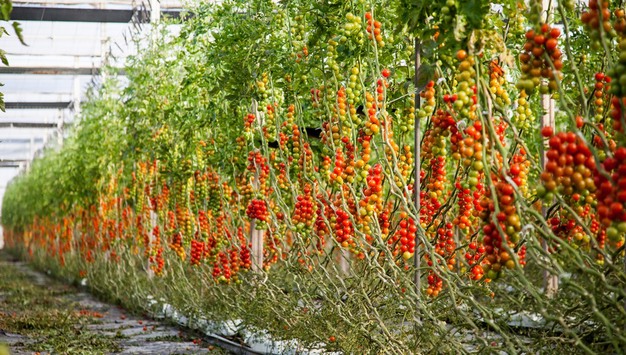
"The cherry tomato is becoming a niche in Almería and Granada," says Francisco Sabio, CEO of the company specializing in the production, advice, and marketing of this type of tomato, Hortirecursos. "In both provinces, we have several collection points; in Granada, they are spread along the coast and the mountains, and in Almería in the eastern area, specifically in Níjar, in addition to the central facility located in Las Norias de Daza."
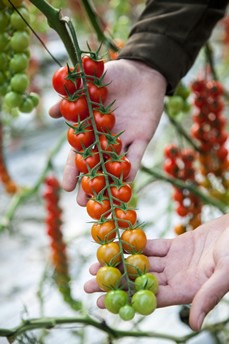 "The last two years have been quite good for the cherry tomato, and the area has remained stable, unlike in previous years when the cultivated hectares decreased. Next summer, the quantities are expected to be consistent with the last season."
"The last two years have been quite good for the cherry tomato, and the area has remained stable, unlike in previous years when the cultivated hectares decreased. Next summer, the quantities are expected to be consistent with the last season."
Tomatoes, especially the cherry one, require higher labor and input costs than other crops. Because of that, there has been a gradual shrinkage of the area grown in Andalusia in recent years. Nevertheless, tomatoes remain the second most important greenhouse product in Almería, both in terms of volume and turnover, after peppers.
"I think that in Almería we need to differentiate our cherry tomatoes from other origins that grow loose cherry tomatoes at a lower cost. We should focus on vine cherry tomatoes of different colors. These are more delicate varieties with a shorter shelf life, which require a high level of professionalism from producers. We are already working with brown, yellow and orange varieties, and the new anthocyanin varieties with purple tones are also gradually emerging."
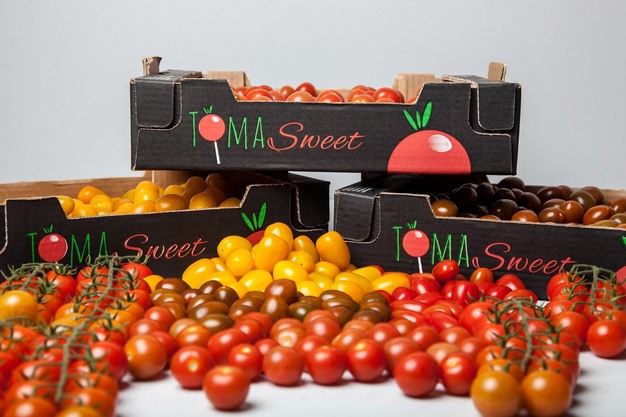
"With regards to varieties, the work of breeders who develop distinctive and ToBRFV-resistant varieties should be commended. After all, such varieties offer guarantees to growers. We always recommend these types of varieties. Although they are more expensive, the investment is negligible compared to a situation in which as a grower you have to dig up the entire greenhouse in the event of a ToBRFV infection," says Francisco.
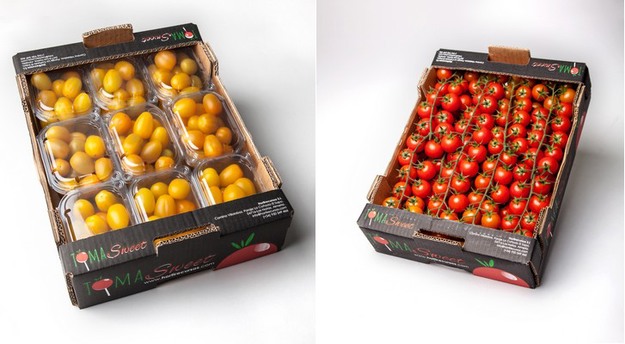 "After Brexit, England went to source from other origins"
"After Brexit, England went to source from other origins"
The family business Hortirecursos sells tomatoes from its own cultivation and from associated growers throughout Europe. "We also offer technical advice for cultivation in the ground and on substrate, but also about harvest, processing and marketing, so that growers who decide to grow cherry tomatoes can rest easy. A good product with good quality through our advice will benefit them as growers and us as traders."
"In addition, five seasons ago we succeeded in offering year-round service by sourcing product from Granada, where harvesting is still carried out in the region around Baza in August."
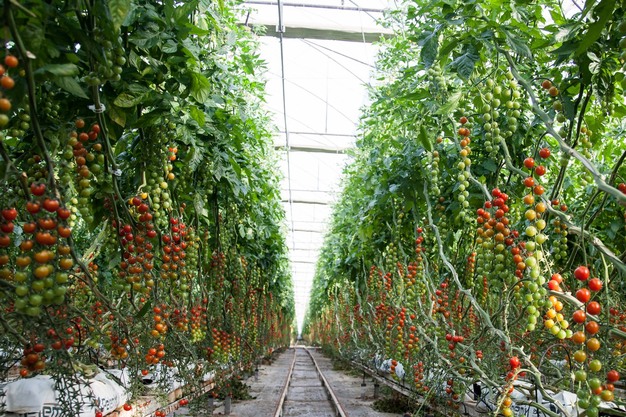
Regarding the destinations where Hortirecursos markets its tomatoes, Francisco continues, "7 years ago we were very focused on the English market, but after Brexit, England went to source from other origins. So now, we are more focused on the Netherlands and Germany, and Eastern countries like Hungary, the Czech Republic, and Slovakia, where we see that the demand for cherry tomatoes remains quite strong throughout the year."
 For more information:
For more information:
Hortirecursos
Camino Villalobos S/N, Paraje Cañada del Sapo
04716 Las Norias de Daza, Almería
[email protected]
https://hortirecursos.com
